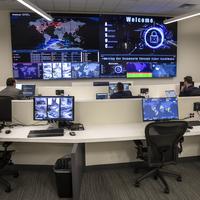Texas Biomedical Research Institute is a nonprofit infectious disease facility in San Antonio that has worked on life-saving sciences.
Of the numerous diseases the institute has worked on, the organization’s COVID-19 research helped develop Pfizer’s vaccine, as well as therapeutics.
The President and CEO of Texas Biomed, Dr. Larry Schlesinger, joined Leading SA on Sunday to talk about the development process for the vaccine and what comes next for the institute.
“A lot of contributions to the institute launched our animal studies and in two months, validated those animal studies. And that’s what enabled early on for us to interact with Pfizer BioNTech, with Regeneron and Novavax and begin those studies in the late spring of (2020). It was the success in those animal models that resembled the success we’re seeing in humans that enabled those clinical studies to begin in the summer of 2020. And it’s hard to believe that the Pfizer BioNTech vaccine that Texas Biomed did all the work on has now been a year in administration to humans. Almost half a billion of those vaccines have been distributed worldwide, and I’m very proud of that accomplishment alone,” Dr. Schlesinger said.
Right now, Texas Biomed is in year two of a 10-year strategic growth plan that is expected to have a $3.2 billion impact on the local economy.
“The animal care complex is the first major capital project of our 10-year strategic plan in which we really are going to do a redo of the campus. This is an amazing project on the south end of campus. It’s really four buildings, 18,000 square feet of space, and it’s going to enable us to greatly expand what is a national and global shortage,” said Dr. Schlesinger.
The plan also includes a new veterinary hospital, where 150 employees will work out of to attend to animals that are taking part in the medical studies, according to Dr. Schlesinger.
“Animal caretakers can come together and deliver state-of-the-art humane care to those animals as we work with them to achieve great discovery that helps humans. This is going to be for buildings, and it was launched by actually a federal grant from Economic Development Administration and then generous donations by donors in the community, as well as institutional resources that enable us to build this building. This is really just the start of several of our capital projects. St. Jude, our center research building, which will be our new front door building, is really what we’re developing research sources for now. So, you know, these are game-changing opportunities for the institute in San Antonio,” Dr. Schlesinger said.
Dr. Schlesinger said this is just the start for Texas Biomed and the biomedical sector here in the Alamo City.
“This is a tremendous economic development plan for the city. We’re talking about moving from just under 400 current employees to 700 employees. These are high-wage-earning jobs. We anticipate our plan will bring in about 1,700 new jobs, either directly or indirectly to the institute. And, and I think it’s a great opportunity. There are three things I’d emphasize about Texas Biomed in terms of besides the science and our growth for the future, and that is economic development,” Dr. Schlesinger said.
The future is bright for the medical research institute and education plays a key role.
“It’s education and you know, currently we have about 10,000 students that we interact with in San Antonio and all 17 school districts for STEM. We have internships, externships, students on campus. We do outreach; it’s a very important part of Texas Biomed,” Dr. Schlesinger said.
San Antonio is Military City, USA and that connection is vital to the biomedical industry.
“Currently, we have grants with the military and we expect to expand them. And then finally, it’s the culture of San Antonio. The four presidents of the major research organizations in town, we speak frequently. We have collaborative research arrangements. It’s about exploiting all the talent resources San Antonio has to bear. And then, it’s about telling the world about us. We’re not a secret. We’re actually a great economic engine for the future in biomedical science and health care and I think our future is very bright and great,” Dr. Schlesinger said.
You can watch the full interview with Dr. Schlesinger in the video player above.

